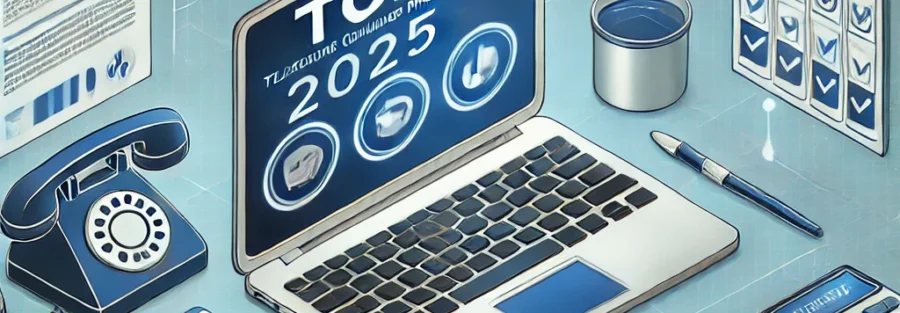The marketing world is changing, and so are the rules that protect consumers. Starting in 2025, the Telephone Consumer Protection Act (TCPA) will have new rules that reshape how companies do telemarketing and digital outreach. The new rules will set tighter limits on how businesses collect and document consumer consent.
What is the TCPA?
The Telephone Consumer Protection Act, created in 1991, protects consumers from unwanted marketing calls, texts, and faxes. Since then, the Federal Communications Commission (FCC) has adjusted the rules, but the 2025 updates are the biggest changes yet. These new rules address today’s technologies, like robocalls, automated texts, and lead generation practices, which many consumers find intrusive.
Key Changes in the 2025 TCPA Regulations
- Stricter Consent Requirements: One-to-One Consent Rule
The 2025 TCPA rules now redefine “prior express written consent.” Businesses must obtain clear and specific consent from each consumer before marketing to them. This consent must be precise about the type of communication (calls, texts, or other formats) and must name the business that will contact the consumer. Here’s what the new rule requires:
- Clear Language: Businesses must use straightforward language about who will contact the consumer and the purpose of the contact.
- One-to-One Consent: Consent is specific to one business, not multiple companies. Each business needs its own consent from the consumer.
- Documented Consent: Businesses must document the consent electronically or in writing.
- Clear Disclosures: The disclosure to the consumer must be direct, and any robocalls or texts must relate to the content on the site where the consumer gave consent.
- Do-Not-Call Registry Protections for Text Messages
The new rules also strengthen the Do-Not-Call (DNC) Registry rules. Now, text messages are included as “calls” under the TCPA. This means businesses cannot send marketing texts or calls to consumers who have added their wireless numbers to the DNC list.
- Blocking Unwanted Text Messages
The new rules require wireless providers to block text messages from specific numbers when the FCC identifies them as illegal sources. The FCC also encourages wireless providers to make email-to-text messaging an opt-in service to reduce unwanted texts from email sources.
Impact on Businesses
The new regulations mean businesses must change how they collect and store consumer information. Companies that use lead generation, telemarketing, or text campaigns will need to:
- Update Consent Processes: Terms and conditions on websites must be updated to meet the new consent standards.
- Review Consent Gathering: Businesses will need clear and specific consent that aligns with the new one-to-one consent rule.
- Maintain Strong Records: Record-keeping practices must be thorough and compliant with the TCPA guidelines.
Businesses will also need to focus on building trust and transparency with consumers. These new rules may seem challenging, but they will help companies foster better customer relationships in the long run.
Bob’s Perspective
At Telecom Marketing Group, we see the 2025 TCPA updates as a chance to build trust with consumers. We are committed to generating high-quality leads while protecting consumer privacy. Our current processes already align with many of these new standards, and we are actively updating our practices to ensure full compliance. This approach not only protects consumers but also sets us apart as a business that values transparency and loyalty.
The new TCPA updates mark a major step in consumer protection. Businesses that adapt to these changes now will be better positioned to build loyal, lasting relationships with their customers.


